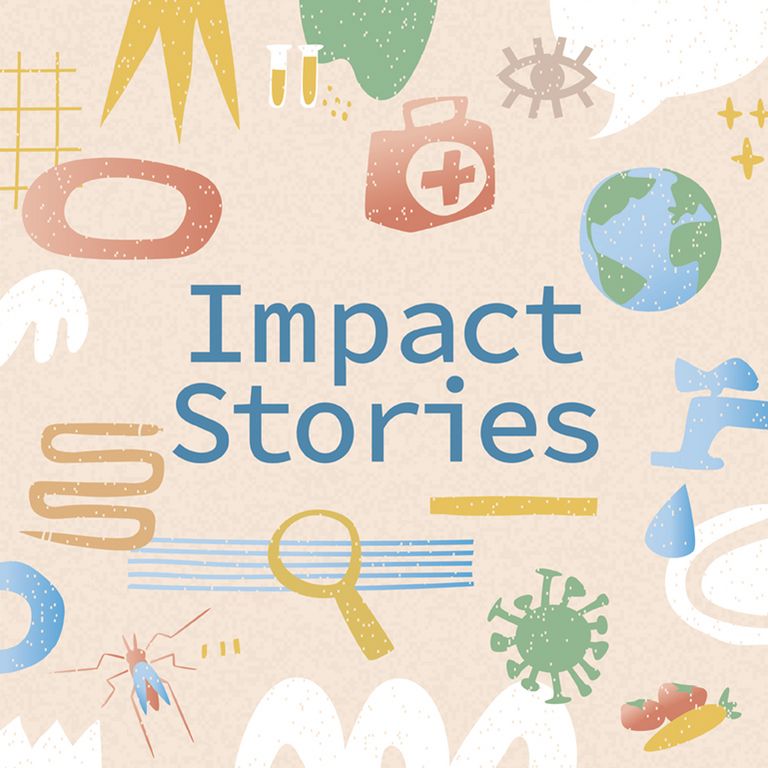


Olutoyin Opeyemi Ikuteyijo is a PhD student in the Society, Gender, and Health Unit within the Public Health and Epidemiology department at Swiss TPH. Her research work focuses on the experiences of sexual and gender-based violence (SGBV) faced by adolescent girls and young women in low-income communities.
As a teenager, I narrowly escaped an attempted rape by an acquaintance. Later, in my postgraduate studies, I delved into the literature on violence against women. This showed me the profound challenges faced by young girls in slum settlements, where there is a lack of facilities and support services.
Gender-based violence affects one in three women worldwide. One in four adolescent girls have experienced sexual and physical abuse before their mid-twenties. However, most studies on gender-based violence (GBV) address women of reproductive age, ignoring the impact on young people.
For my PhD at Swiss TPH, I chose to investigate the experiences of sexual and gender-based violence faced by adolescent girls and young women (AGYW) in the low-income communities of Lagos and Ibadan in southwest Nigeria. My study explored its effects on their overall health, including coping strategies, sexual negotiation power, support from health care providers, and the effectiveness of GBV laws and policies in ensuring justice for survivors in both states.
An under-researched issue
In Nigeria, AGYW often face gender-based violence, negatively affecting their sexual and reproductive health (SRH) and limiting their social, health, and economic opportunities. Most studies on AGYW’s reproductive and sexual health in Nigeria have focused on the sexual debut of adolescents, gender norms, contraception, and patriarchal influences. However, there is limited evidence on GBV’s health implications for AGYW in urban low-income settings, including societal pressures pushing many AGYW into sex work at a young age, violence in intimate relationships, barriers to support services, healthcare provider responses, and safer sex negotiations. Additionally, there is a lack of knowledge about stakeholders' perceptions of the policy interface of the GBV law in both states.
" Most studies on gender-based violence address women of reproductive age, ignoring the impact on young people."
Realisation of the study
To conduct our study on SGBV among adolescent girls in low-income communities, also known as 'slums', we selected two densely populated locations. Our ethnographic approach included qualitative methods such as in-depth interviews, focus group discussions, key informant interviews, participatory observation and vignettes. The study span from January to June 2021. A follow-up study examined GBV law implementation among 29 stakeholders (state and non-state actors) in both states. The first phase of the study involved adolescent girls who had experienced GBV in the past two years (40 in-depth interviews and 9 focus group discussions) and young males aged 18-30, likely to perpetrate violence (12 in-depth interviews and 6 focus group discussions). It also included 10 key informant interviews with healthcare providers trained in youth sexual and reproductive health services, and 10 key informant interviews and 6 focus group discussions with community/religious leaders.

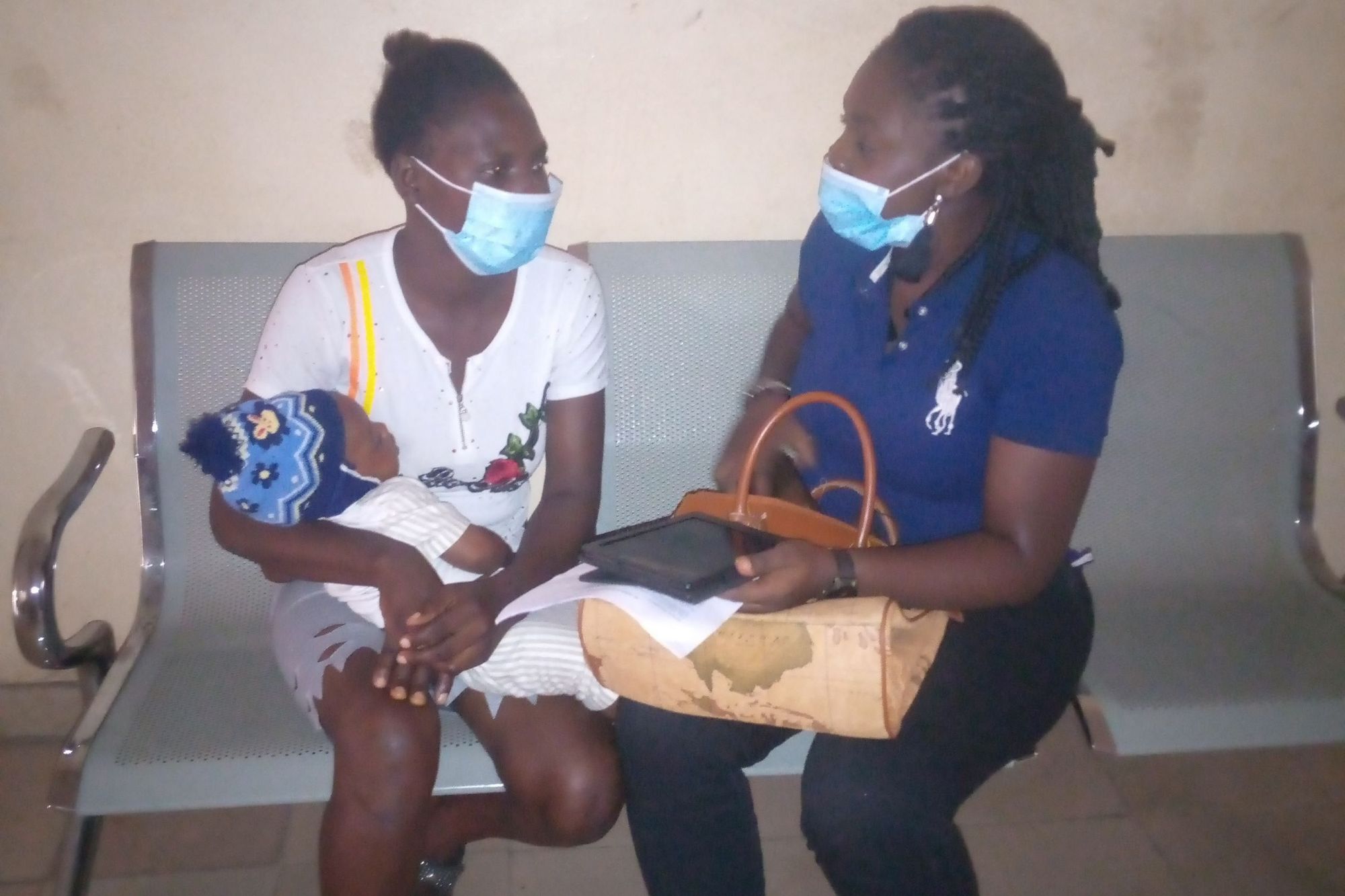
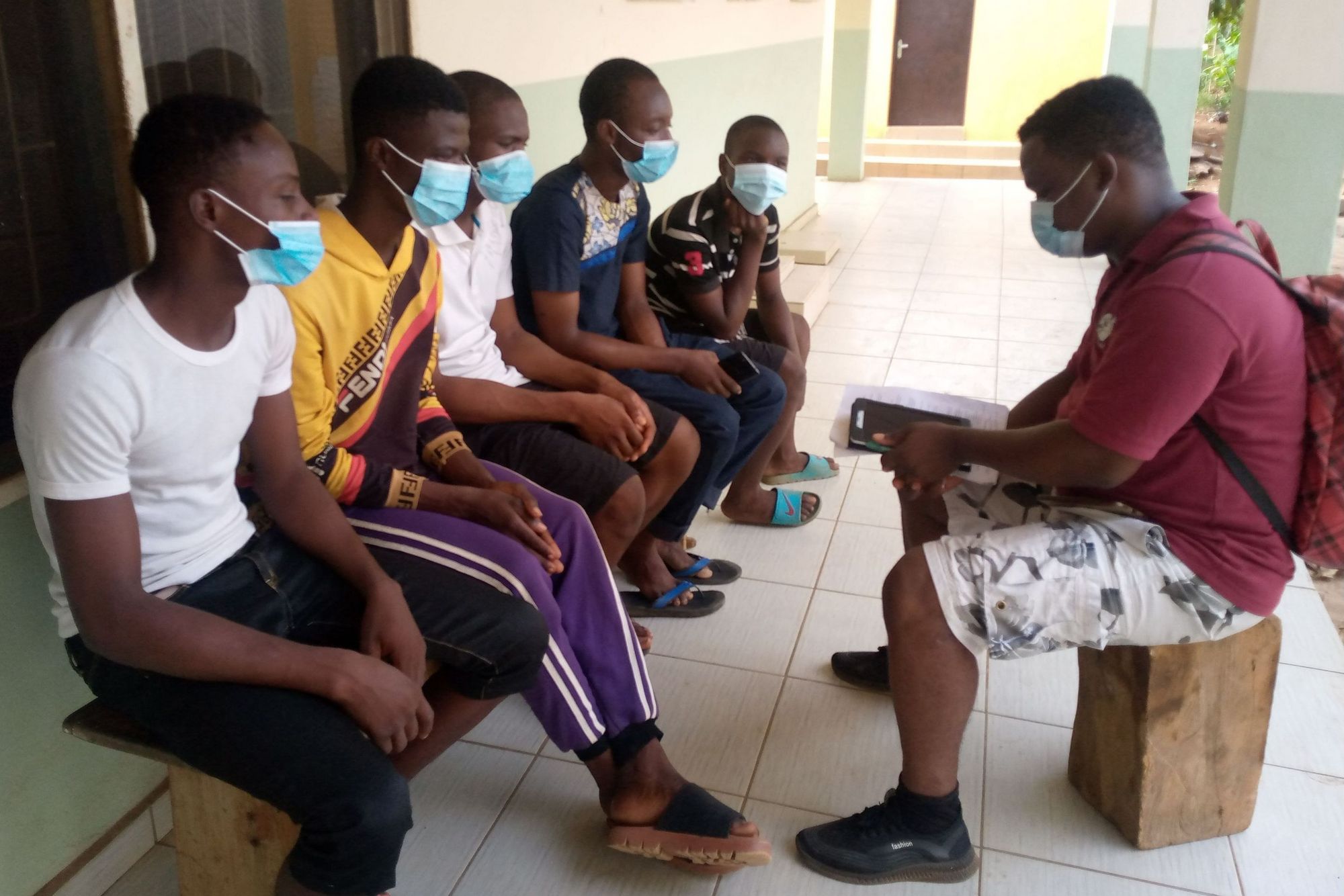
In the second phase, we engaged stakeholders, including NGOs, community and religious leaders, as well as government officials such as the heads of the Ministry of Women Affairs, the Ministry of Health, the Ministry of Justice, the Nigeria Security and Civil Defence Corps, the Gender Office of Police, and the Family Court. Our focus was on preventing SGBV and supporting survivors, particularly young girls who may find it difficult to speak up for themselves. In January 2024, we shared our findings from both phases with adolescent girls, young males, healthcare providers, state and non-state actors, and the individuals we collected data from.
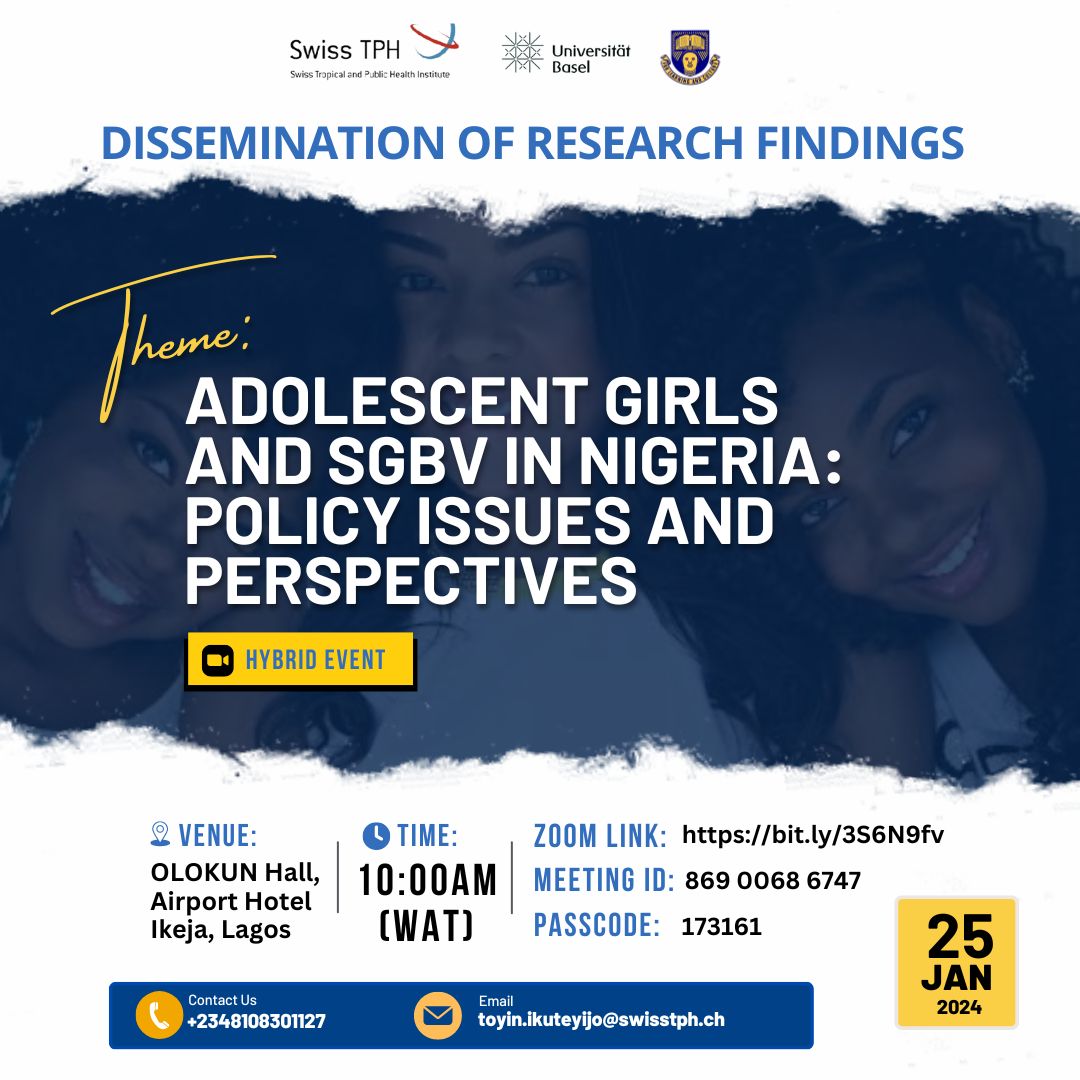
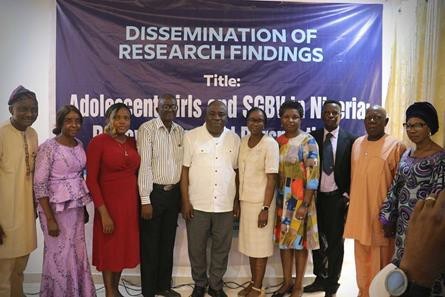
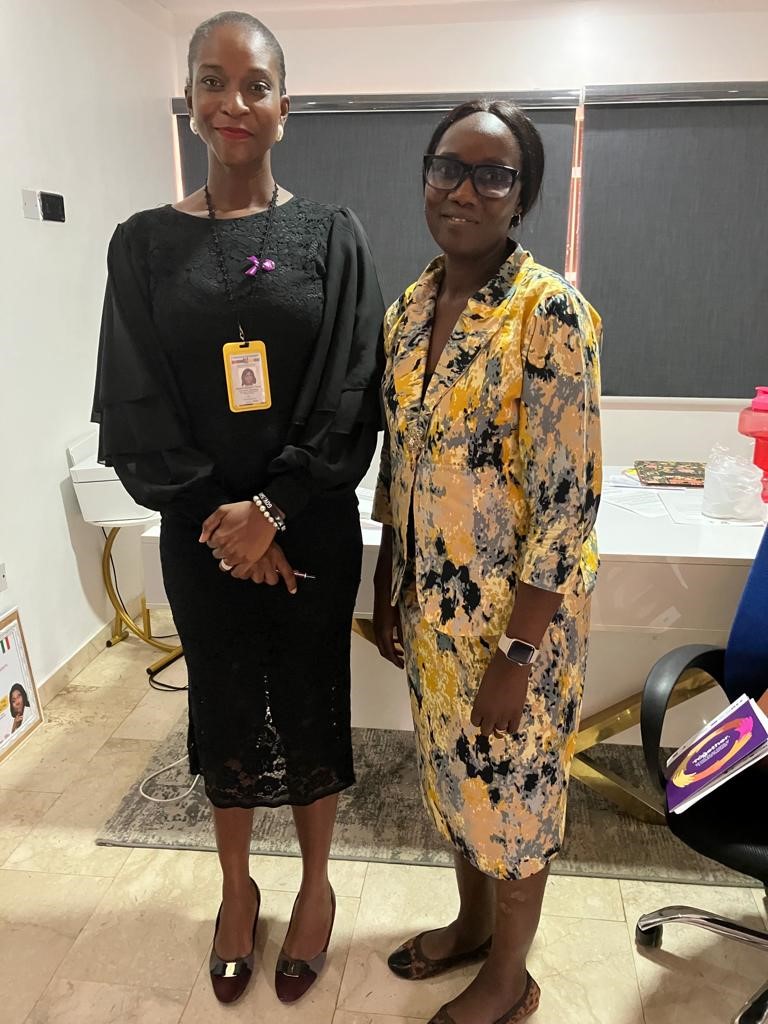
SGBV faced by adolescent girls cannot be neglected
Currently, there is limited research on abuse among young girls. Programmes specifically designed for young people are not prevalent in the field, as most survivor-centred programmes are general and not youth-oriented. Although there have been previous interventions focusing on youth-friendly sexual and reproductive health services for the sexual well-being of young people in terms of contraception and HIV, services for those who have been abused or are in abusive relationships have rarely been included, if at all. There is therefore an urgent need to address SGBV - a growing silent epidemic among adolescent girls and young women in low-income countries, including Nigeria, which was significant in our study.
Change starts with awareness and advocacy
The culture of silence, stigma and blame has led many young people to remain silent after experiencing violence from an intimate partner or others. Our research shows that sexual abuse does not only affect adolescent girls but also children under 12, who are often defiled by relatives, fathers, or spiritual figures. This perpetuates poverty cycles in low-income communities and leads to enduring health consequences.
Through conferences and local workshops, we aim to disseminate our findings and raise awareness about this epidemic of SGBV. Our goal is to empower everyone to advocate for change by understanding the seriousness of these experiences and their impact on young people’s health. Education and empowerment of AGYW are essential to break the silence around SGBV.
What else needs to change?
To bring the results of our study to life, we produced two films that use the fictional story of Sara to illustrate the struggle of many AGWY affected by sexual violence and propose solutions to improve their situation. The story of Sara is the reality of struggles encountered by young girls when faced with sexual/physical abuse in low-income communities. It also show the typical aftermath experience when there is no help to vindicate them out of the abusive relationship.
These solutions include creating one-stop centres where survivors can access medical care, psychological counselling, legal aid and other services in a safe and confidential environment. They also require the establishment of more family courts to ensure speedy justice for survivors, and the sensitisation of the police to survivors' rights. In addition, restructuring the network of support services and referral systems to improve coordination between GBV prevention and response actors is essential. Other key measures include the use of the WHO standard manual to ensure consistent care by health workers, raising awareness of the existing legislation, implementing gender-transformative programmes to combat perpetuating GBV, and targeting health interventions at vulnerable groups like young female sex workers.